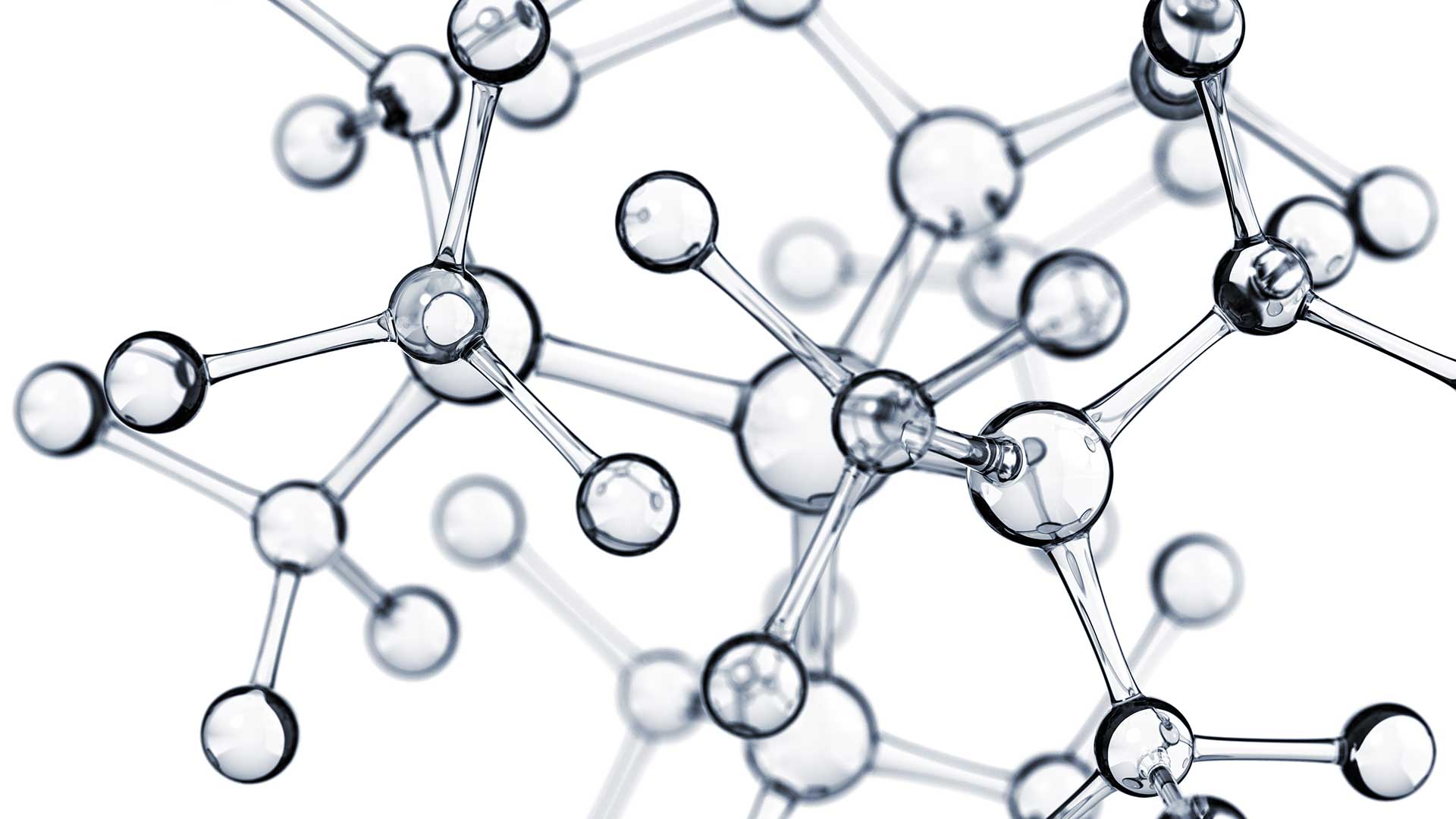| Name | DBTL Dibutyltin Dilaurate |
| CAS | 77-58-7 |
| Formula | C32H64O4Sn |
| Synonyms | Dibutylzinnbislaurat Butylzinn Dilaurat Dibutylbis (lauroyloxy) stannan Dibutylbis ((1-oxododecyl)oxy)stannan DBTDL DBTL |
Dibutyltin Dilaurate as Catalyst for Silicones
Dibutyltin dilaurate is a universally applicable catalyst for the crosslinking of cold vulcanizing silicone rubbers and silane-modified polymers and is widely used: from “construction market” silicone for sealing tiles at home to industrial applications such as in the production of cables, cast resin systems or RTV sealants used in the automotive industry.
Two modes of action are possible: the DBTL catalyst supports the curing of room temperature crosslinking silicone rubbers. Exposed to the air, the ambient humidity reacts with the tin compound and the silicone mass solidifies. Dibutyltin dilaurate accelerates this reaction and provides better processing properties. Alternatively used two-component silicones harden not only by contact with the humidity, but require a second reaction partner to be supplied.
DBTL as a Catalyst for Polyurethane Systems
Another application of dibutyltin dilaurate is the production of polyurethanes for a wide variety of end applications: hard foams, sealants, adhesives, paints and coatings or large floors, …. As an additive, DBTL accelerates the connection of the individual reaction partners in order to reduce the curing time.
For example, it is a common crosslinking catalyst that can be used for 2-component urethanes in the automotive industry or for other industrial applications, such as the coating of tanks, pipelines or floor coverings. On silica adsorbed, DBTL is used in urethane-based powder coatings for areas that have to withstand high weather loads.
Soft and solid PU foams are a standard solution for plastic molded parts that have to withstand loads in everyday life, such as seats or cladding. Dibutyltin dilaurate is also a widely used gelling catalyst. The application possibilities also include elastomers.
Other Applications
The catalytic effect of the dibutyltin dilaurate is used in other areas, such as acrylic acid esters, the production of silica esters or alkyd resins. For screen printing processes, print shop chemicals with DBTL content can be used.
As PVC Stabilizer
It is only through the use of stabilizers that PVC plastics are given a durability with which they can be used economically. Dibutyltin dilaurate has such stabilizing properties and protects the final product from heat and UV irradiation.
Product Variants
BNT offers DBTL in various product variants, specifically geared to individual requirement profiles.
Dibutyltin dilaurate from BNT is a PVC stabilizer and universal catalyst, for example a catalysis in the production of silicone rubbers and polyurethanes, as a binder for alkyd resins or additive in polymer processing, …
In addition to the catalytic properties, BNT-CAT 420 and BNT-CAT 423 have a particularly light-stabilizing effect; BNT-CAT 422, on the other hand, is particularly heat-stabilizing.
| BNT Product Name | Product Variants | Short Form |
| BNT-CAT 420 | Dibutyltin dilaurate (C12-C18) | DBTL |
| BNT-CAT 421 | Dibutyltin dilaurate (C12) | DBTL pure |
| BNT-CAT 422, 423, 425 | Dibutyltin dilaurate (C8-C18) | DBTL |
| BNT-CAT 428 | Dibutyltin dilaurate | DBTL |


